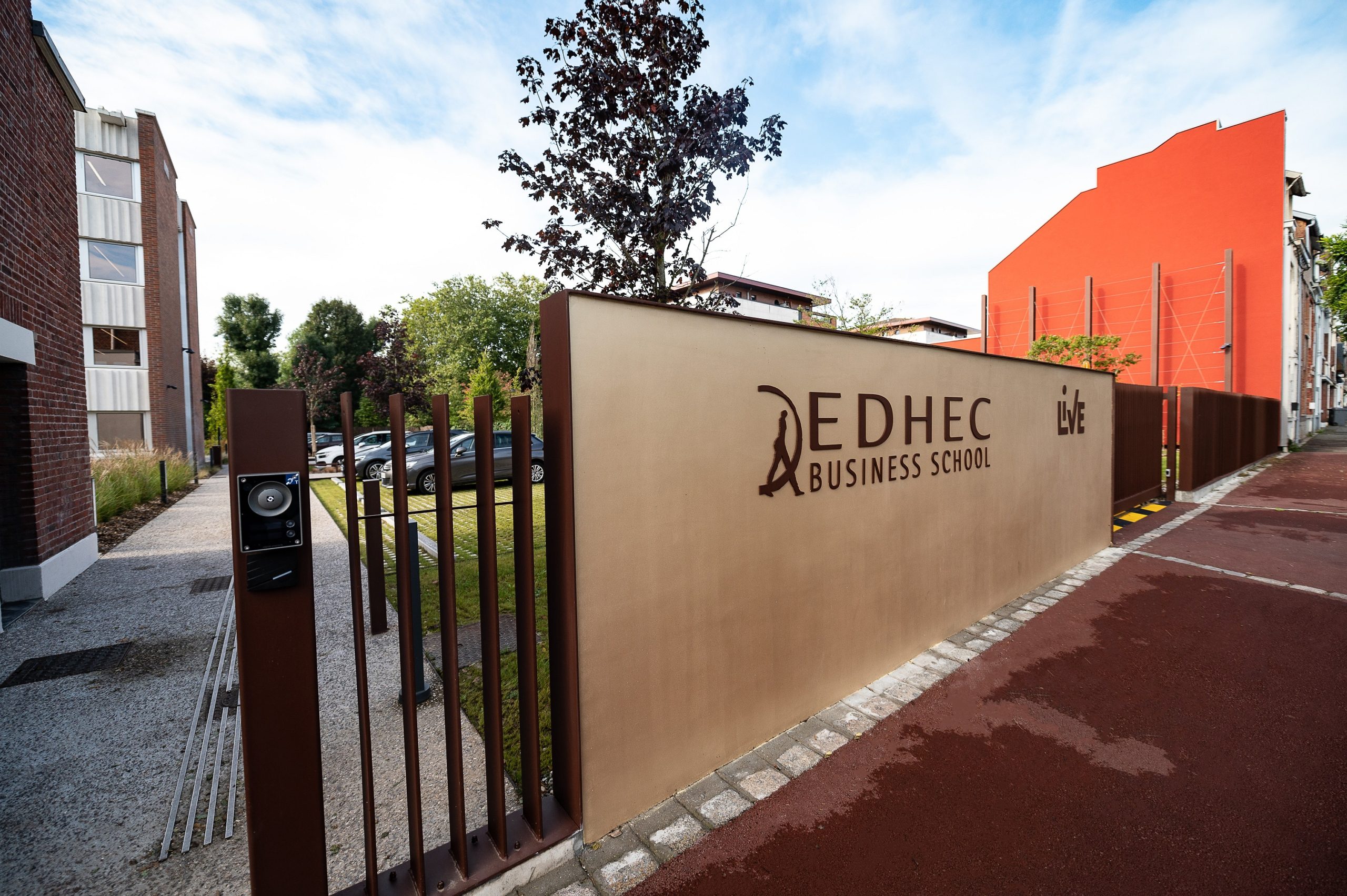Sustainable entrepreneurship has long faced a paradox: an urgent global need for change, paired with an investment ecosystem hesitant to back unproven early-stage models. EDHEC Business School might be changing that dynamic.
Edhec steps into impact with €40 million fund
The French business school has officially launched “”GENERATIONS Powered by EDHEC,”” a €40 million impact investment fund designed to support startups tackling core societal and environmental issues. According to the EDHEC Foundation (source), this initiative is one of Europe’s few educational institution-led funds with such a scale and ambition targeting pre-seed and seed ventures.
Partnering with impact investment firm Ring Capital, EDHEC initially injected €20 million into the fund, sourced largely via its alumni network. The remaining capital will be raised from external investors. What stands out is not just the financial backing, but the embedded mentorship model aimed at building responsible startups from day one.
An investment thesis centered on regeneration
Unlike traditional venture capital funds, GENERATIONS positions itself to invest in companies that operate under a “”regenerative business model””. The focus isn’t only on reducing harm, but actively contributing to social equity and ecological resilience.
The fund targets four thematic areas:
- Environmental transition (renewable energy, circular economy)
- Health and well-being (digital health, preventive care)
- Responsible consumption (zero waste goods, ethical fashion)
- Equity and inclusion (accessibility tech, fair labor platforms)
Jean Delmas, investment director at Ring Capital, explained in our exchange how EDHEC’s academic perspective enhances their joint analysis process. He noted, “”We’re designing this not only as a fund, but as an experiment in shifting capitalism from profit optimization to value regeneration. That’s where long-term performance will come from.””
Beyond capital: a support ecosystem
The money is only part of the story. GENERATIONS incorporates a proprietary framework called Responsible by Design (RED), developed by EDHEC’s research teams. The RED method offers operational tools and measurable indicators to help founders build impact directly into their business models from the ideation stage.
Startups selected will also access over 300 experienced entrepreneurs from EDHEC’s mentoring network. They’ll have access to various incubators, including STATION F’s Act For Impact program, co-managed by EDHEC and BNP Paribas (see news).
“”We’re not just mentoring for strategy or pitch decks,”” says Anne-Laure Séverac, who heads EDHEC Entrepreneurs. “”We’re helping shape founders who see their startup as a lever for systems change. Founders need that grounding early, especially as regulatory and consumer landscapes evolve.””
Notably, startups selected for funding are not required to have a direct connection to EDHEC. According to the business school’s public statements (official PDF), this allows the fund to cast a wider net and attract high-potential ventures globally.
Returns and redistribution
In a twist on profit redistribution, 50% of the carried interest generated by the fund will be reinvested into EDHEC’s scholarships and social inclusion programs. This internal feedback loop mirrors the fund’s purpose: making innovation more accessible while challenging conventional VC reward structures.
Table: Key components of the fund
| Aspect | Details |
|---|---|
| Initial fund size | €40 million |
| Launch partners | EDHEC Business School and Ring Capital |
| Startup stage | Pre-seed and Seed |
| Main sectors | Environment, Health, Consumption, Inclusion |
| Support programs | RED methodology, mentorship, incubators |
Fresh momentum in 2025
EDHEC’s commitment doesn’t end with the fund. The school has also launched the Centre for Net Positive Business (CNPB), a €21 million research initiative aiming to redefine how business performance is measured through environmental and societal lenses (Poets & Quants article).
Eight startups backed by EDHEC’s incubator programs made the Challenges France 2025 top 100 impact startups list (EDHEC website), further signaling the ecosystem’s growing reputation.
With global equity crowdfunding on track to hit $28.8 billion by 2028 (source: EDHEC Vox), the timing of this fund reinforces a broader decentralization of entrepreneurship finance—and one where schools like EDHEC may play a pivotal role.
What types of startups will the GENERATIONS Powered by EDHEC fund support?
The fund supports early-stage (pre-seed and seed) startups operating in four priority areas: environmental transition, health and well-being, responsible consumption, and equity/inclusion.
How does the RED methodology support startups?
RED (Responsible by Design) provides a toolkit enabling founders to embed sustainability, stakeholder impact, and ethics directly into their operations and product strategy from day one.
What kind of mentoring and coaching will startups receive?
Selected startups gain access to over 300 mentors from EDHEC’s extended entrepreneur network. This includes strategic advising, sustainability coaching, and access to top-tier accelerators such as STATION F.
How does the partnership with Ring Capital benefit the fund?
Ring Capital brings technical and investment expertise in impact investment while EDHEC offers academic rigor and mentor infrastructure. The combination aims to align financial performance with real societal value.
What are the main sectors the fund will focus on?
Main sectors include clean energy, mental and physical health innovation, circular and ethical consumption models, and ventures supporting marginalized populations.



